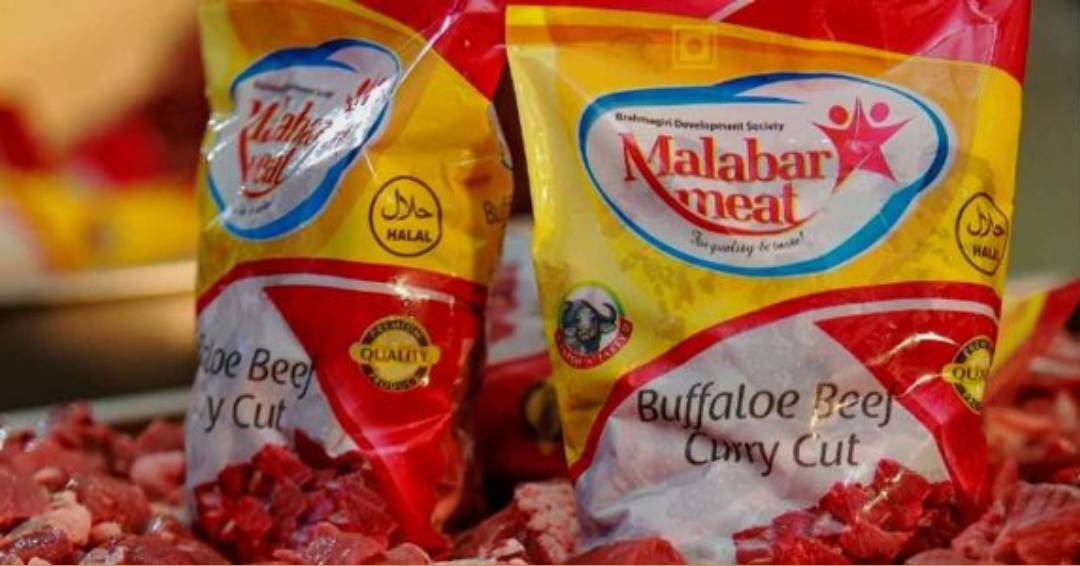
Co-operative Society in Wayanad Faces Collapse, Putting Farmers and Depositors in Dire Straits
Following the Karuvannur Co-operative Bank scam, another co-operative society in Wayanad teeters on the brink of collapse, posing a severe threat to farmers, depositors, and retail vendors statewide. The alarming connection between both scams lies in the fact that they are under the control of the Communist Party of India (Marxist) [CPM].
The Brahmagiri Development Society (BDS), an agrarian co-operative entity affiliated with the state’s Dairy Department and controlled by the CPM, has plunged into a deep financial crisis. This has sent shockwaves through the community, affecting over 600 depositors, poultry farmers, raw material suppliers, franchisees, and more than 200 employees.
The crisis came to light when a group of depositors, deprived of their monthly interest, stormed the BDS head office at Pathirippalam. Soon after, broiler chicken farmers protested against the society’s failure to repay their deposits, even after BDS announced the temporary closure of its meat processing project.
Stakeholders and employees attribute the current crisis to the high cost of servicing loans and delays in disbursing state funds due to the society, exacerbated by market conditions following the COVID-19 pandemic.
With numerous projects worth crores of rupees at different stages of progress, the collapse of the parent organization could have far-reaching consequences for businesses across the state, warn sources.
The story of BDS began in 1999 under the leadership of former CPM MLA P V Varghese Vaidyar. Initially focusing on the production and supply of sanitary products, the society later underwent changes when Krishna Prasad assumed the role of chairman. He introduced fast-track business development and the innovative concept of “Worker Self Management,” wherein workers themselves managed the unit. Notably, the former CEO and Chief Administrative Officer were part of the first batch of frontline workers at BDS.
The society also started accepting deposits from its members, boasting 600 registered depositors to date.
By 2003, the farming sector faced a crisis, with plummeting produce prices and mounting debt burden pushing many farmers to abandon their livelihoods. Tragically, some resorted to taking their own lives. In response, BDS, led by former chairman P Krishna Prasad, devised a Rs 200-crore plan to establish feeder farms, hatcheries, a meat processing plant, and sales outlets. The objective was to rescue farmers from the clutches of corporations and large-scale enterprises and provide them with an independent revenue source.
In 2013, with the support of the National Bank for Agriculture and Rural Development (NABARD) and the state government, BDS established a meat processing plant on a 14-acre plot of land.
Subsequently, in 2018, BDS launched the Kerala Chicken project, backed by a budget allocation of Rs 20 crore from the state government. The project garnered attention when then Finance Minister TM Thomas Isaac introduced it during a grand state-level launch in Malappuram on December 10, 2018. Isaac hailed it as a state-run initiative to tap into the Rs 4,000-crore broiler chicken market, emphasizing its potential to retain money within the state and ensure fair meat prices for consumers.
BDS invested approximately Rs 24.5 crore in establishing a hatchery, breeder farm, and feed production unit. They also created an extensive network of farmer services, including veterinary doctors, technicians, and staff in Kannur, Kasaragod, Kozhikode, Wayanad, and Palakkad districts. However, the government failed to allocate funds promptly, jeopardizing BDS’ plans.
Then, the COVID-19 pandemic struck, delivering a severe

Post Your Comments